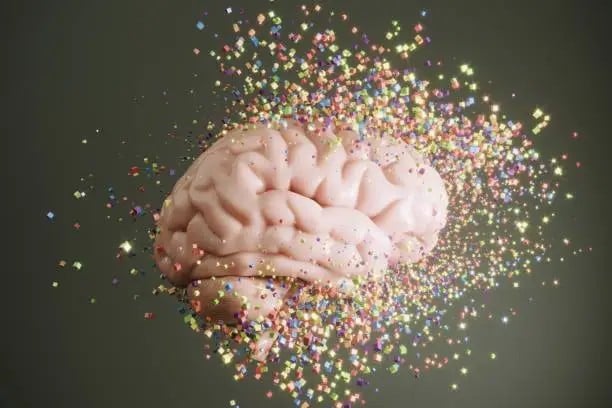
How Journalling Can Support your Counselling Journey
August 4, 2025
How to practice mindfulness anywhere (and anytime you need!)
August 26, 2025Grief is an emotional experience that affects the brain in deep and complex ways. With advances in neuroscience, we are beginning to understand how our brains respond to loss and why some people struggle more than others during the grieving process.
How the Brain Responds to Loss
When we lose someone important to us, our brain processes that loss in specific ways. Brain imaging studies have shown that grief activates areas related to emotion, memory, and attention. These regions help us reflect, feel, and respond to emotionally meaningful experiences.
One important discovery, is the role of a brain area called the nucleus accumbens, which is linked to love, bonding, and reward. For those coping with complicated grief, a more intense and long-lasting form of grief, this part of the brain continues to respond strongly to reminders of the loved one. It is as if the brain still reacts as though the person is present, which may explain why feelings of yearning or longing remain so powerful.
Why Some People Struggle More
Other brain regions, especially those involved in managing emotions, seem to be less active in people with complicated grief. This may help explain why some individuals find it hard to move forward or stop intrusive thoughts about the person they have lost. Research has also linked complicated grief to slight declines in memory and thinking over time, and even to smaller brain volume compared to people experiencing more typical grief responses.
These findings remind us that grief is not just psychological. It is also biological. And while grief looks different for everyone, it is important to recognize when someone may be stuck in their healing process and could benefit from support. Avoiding reminders of the loss, while understandable, may actually slow down emotional recovery.
The Path Toward Healing
Therapy can offer a safe space to process grief, manage strong emotions, and begin adapting to life after loss. If you are struggling, reaching out for support can be a powerful step toward healing, both in your heart and in your mind.
At OK Clinical, we offer therapy as well as several specialized services such as EMDR, Neurofeedback, Psychological Assessments, and much more that may help support you in your needs. Please feel free to explore our website, or contact us directly at [email protected] or 250-718-9291 and our team would be happy to connect with you.
For more information, check out these references & resources:
- O’Connor, M.F. (2019). Grief: A Brief History of Research on How Body, Mind, and Brain Adapt. Psychosomatic Medicine, 81(8), 731–738. https://doi.org/10.1097/PSY.0000000000000717

Written by: Vanessa Alexander, Practicum Student
To book: Click Here!





